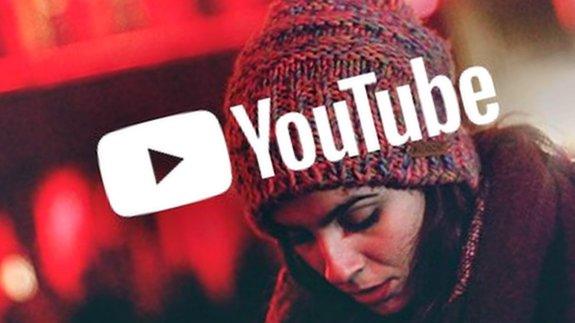YouTube 'prankster' sued by In-N-Out Burger
- Published
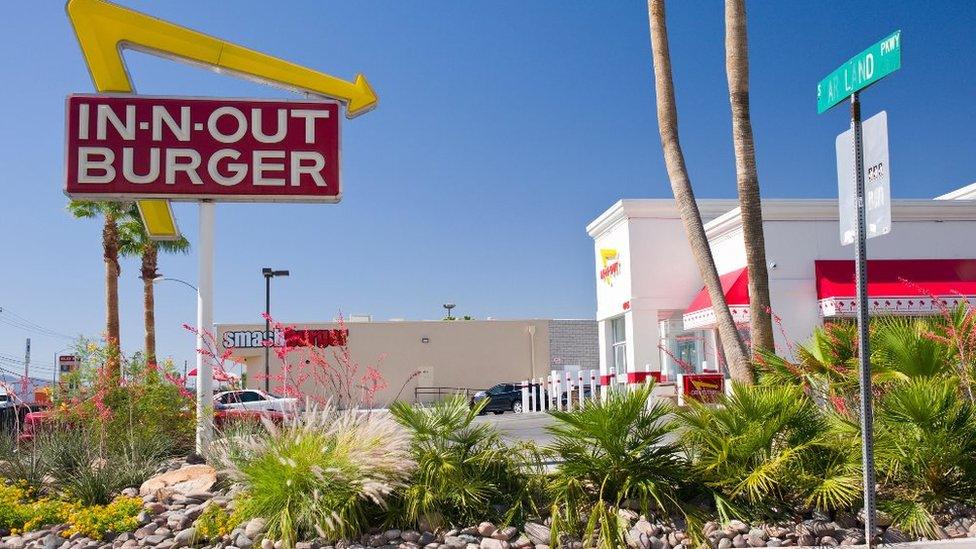
The incidents are alleged to have occurred on 13 and 14 March
A Californian fast-food chain is suing a YouTube videomaker over claims his "prank" films caused "irreparable harm" to two of its restaurants.
One incident allegedly involved Cody Roeder telling a customer their meal was "contaminated" and "garbage" while pretending to be the company's chief executive.
In-N-Out Burger is seeking damages of more than $25,000 (£17,660) .
Mr Roeder did not respond to a request for comment.
But a video of the stunts posted to his Trollmunchies channel a fortnight ago has since been made private, along with footage of another practical joke at a Taco Bell restaurant.
In-N-Out Burger is also seeking restraining orders against both Mr Roeder and unidentified members of his film crew.
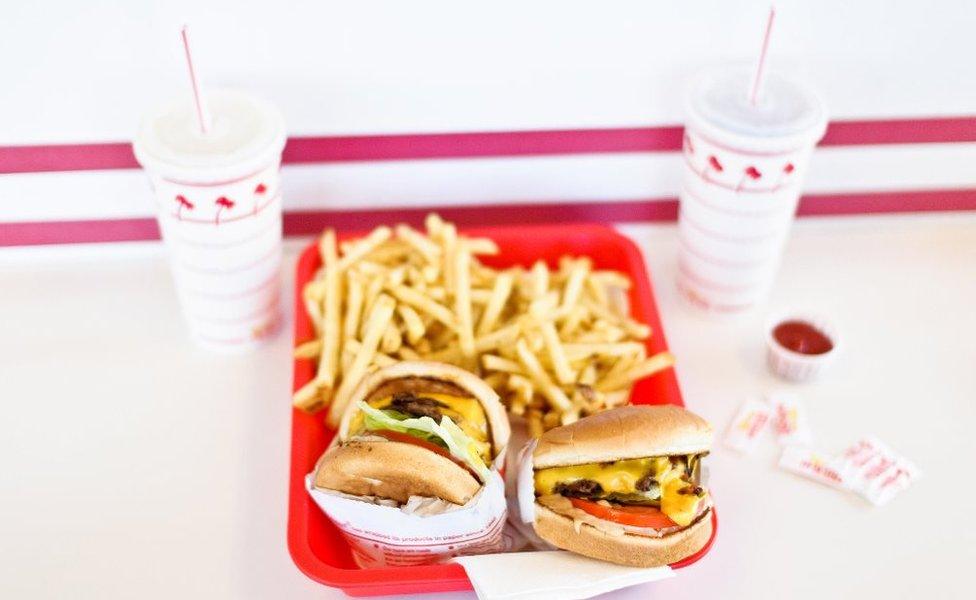
Mr Roeder is accused of throwing a customer's burger on the ground and stepping on it
The company's lawyer provided a statement to the Orange County Register newspaper, external in which he accused the team of having been "intentionally disruptive".
"These visitors have unfortunately used deceit, fraud, and trespass to their own advantage, and in each instance, they have attempted to humiliate, offend, or otherwise make our customers or associates uncomfortable," added Arnie Wensinger.
Arrests and fines
Trollmunchies' YouTube account has more than 627,000 subscribers. And one of its past videos has attracted 12.7 million views. Much of the content contains adverts.
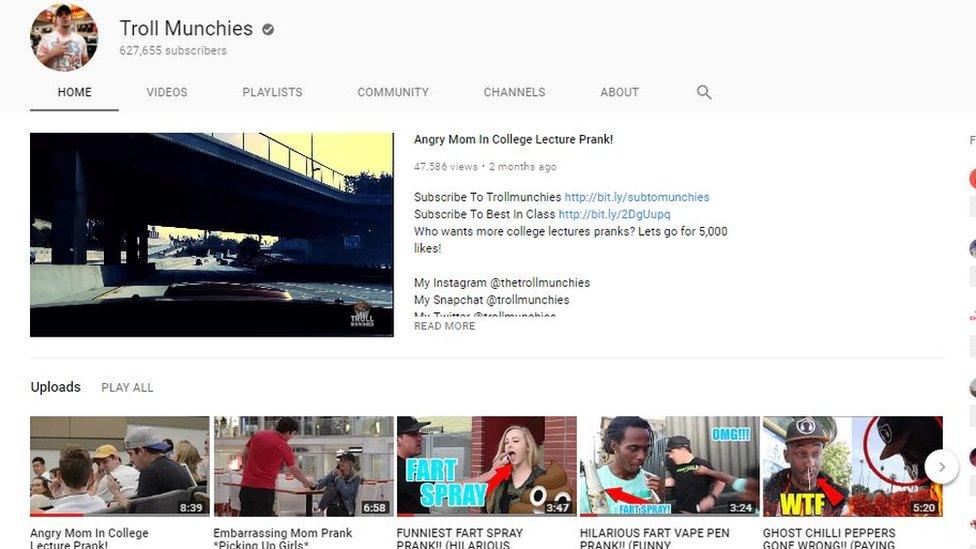
The Trollmunchies channel features videos dating back to 2012
Other self-styled pranksters have run into legal problems of their own after making clips for the Google-owned platform:
Four members of the UK-based Trollstation group were jailed in 2016 after staging a fake robbery and kidnapping
A married US-based couple were sentenced to five years' probation in 2017 for child neglect after posting videos of themselves destroying their children's toys and making them cry
An Australian man was fined 1,200 Australian dollars ($920; £651) in January after jumping off a bridge in response to being called a "silly salmon"
Trollstation member Daniel Jarvis told the BBC he was "not proud" of his part in a fake robbery at a major London gallery
The editor of a YouTube-focused news site said that there was competition among some creators to create increasingly shocking content.
"It has become a trend to create the most crazy looking video you can. And the pranks themselves have been becoming more and more extreme," TenEighty magazine's Alex Brinnand told the BBC.
"And unfortunately it's not as regulated as traditional media and television shows of a similar vein are."
YouTube bans certain types of video that encourage, external harmful or dangerous behaviour. In March it also introduced manual checks of clips seeking to be part of a premium advertising programme.
But Mr Brinnand said more could be done to tackle the most extreme pranks.
"YouTube has always been very reserved about getting involved in specific cases," he said.
"There have been many cries from the community about videos that have quite clearly violated its guidelines... and yet some are still up."
- Published12 February 2018
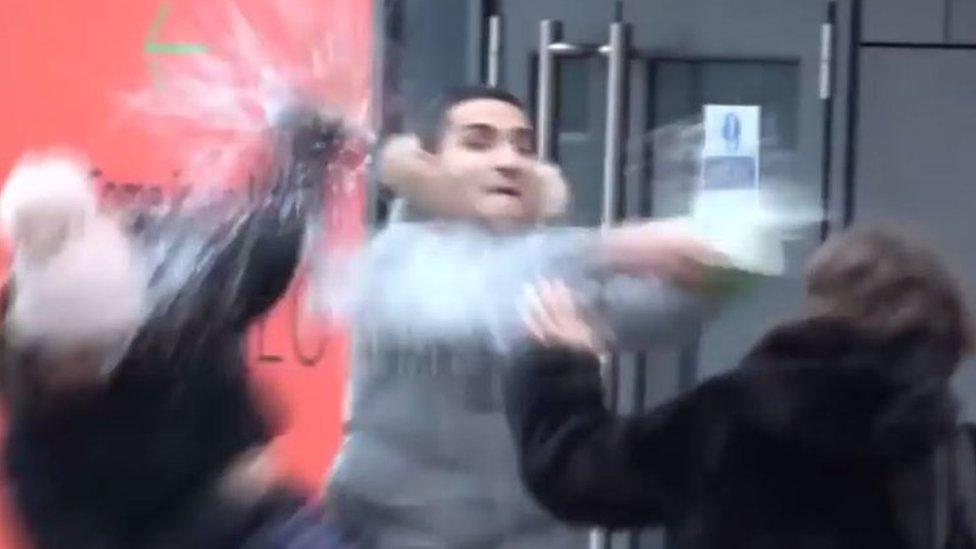
- Published15 March 2018
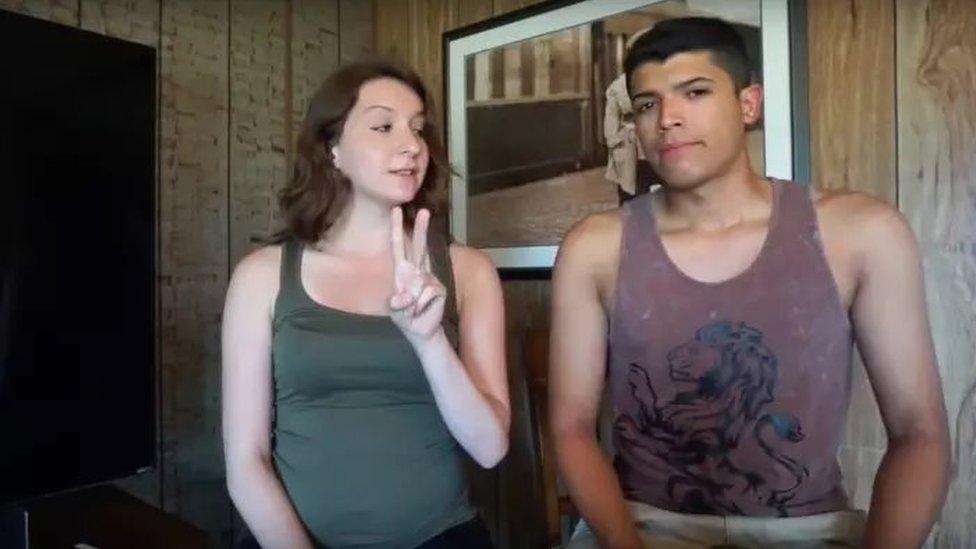
- Published5 February 2018
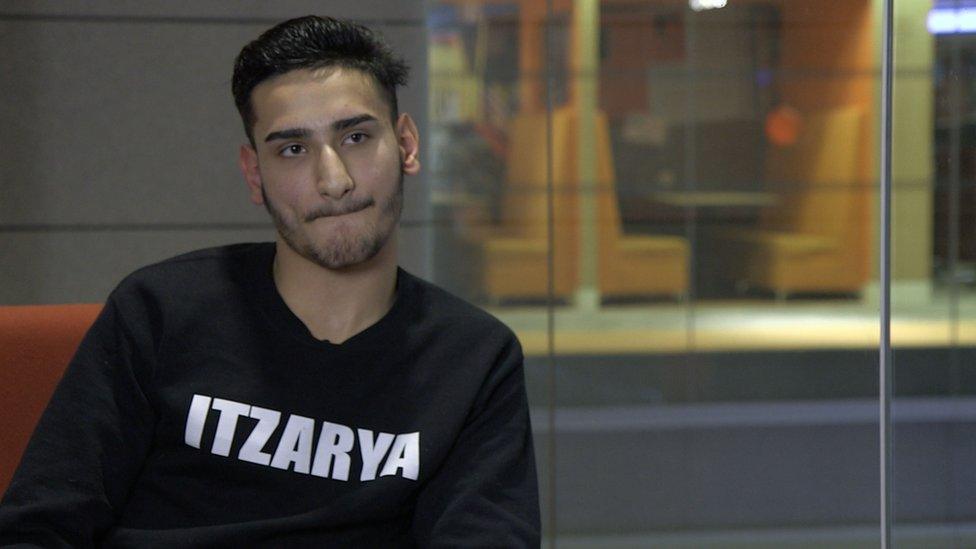
- Published17 January 2018
